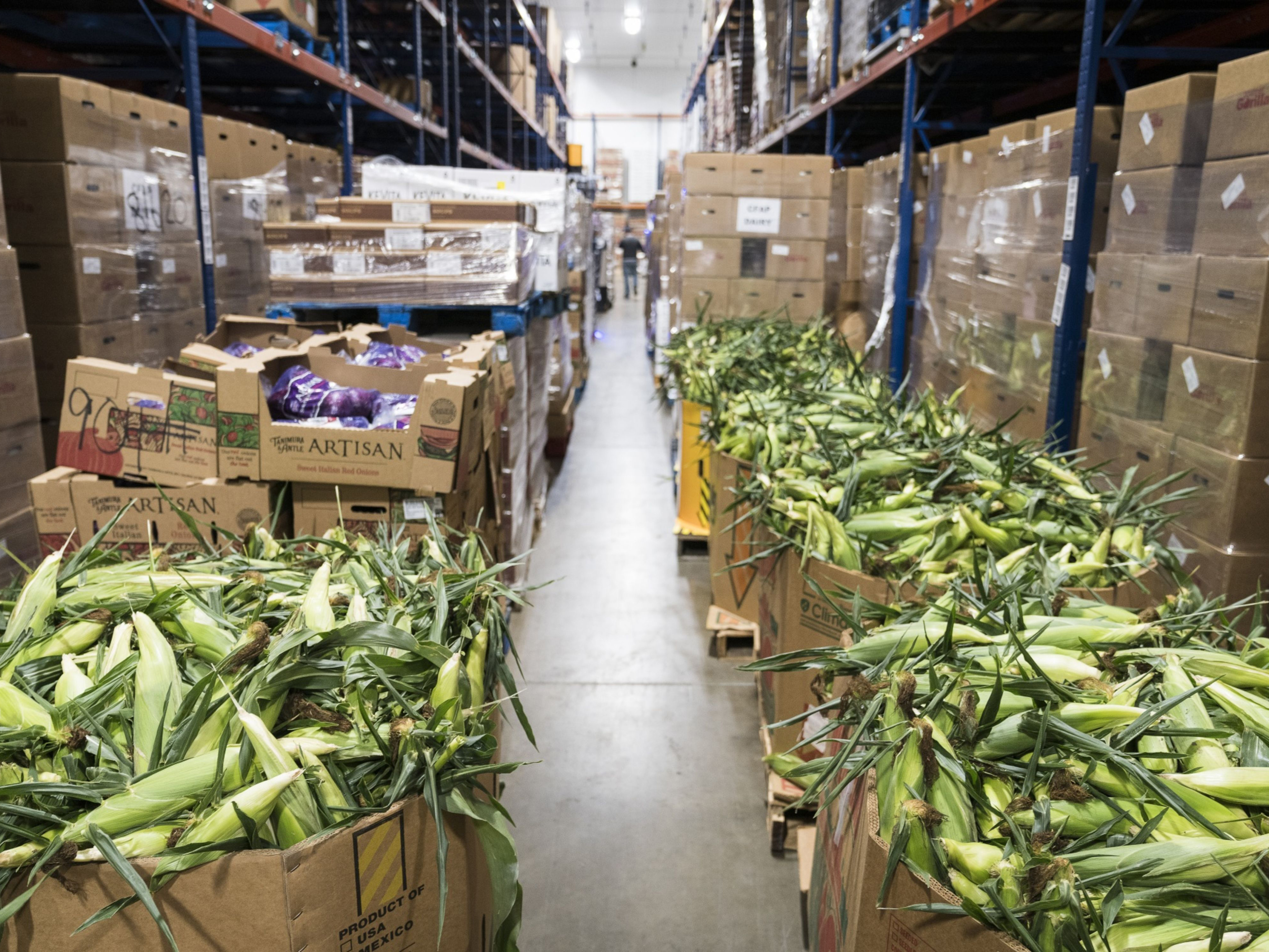
Think Tank
Building the Food Industry’s Resilience Beyond the Pandemic

The impact of COVID-19 has been monumental. Just as the pandemic transformed every aspect of our personal lives, from the way we live to how we eat and grocery shop, it also upended supply chains across every industry. With three-quarters of businesses reporting negative or strongly negative impacts, supply-chain leaders were put to the test in 2020, as they struggled to keep operations running.
While no industry was completely immune, the food industry was hit especially hard by the pandemic, which restricted worker movement, forced production facilities to close and brought food distribution to a halt — all while consumer demand fluctuated with little predictability. Many food manufactures moved with great speed to maintain essential operations, while others succumbed to the cracks in their infrastructure and closed their doors for good.
With the COVID-19 vaccine distribution underway, there’s hope that full recovery will follow suit, even if it takes 12-18 months, as some predict. What we’ll see take shape within the food industry in the meanwhile is twofold. Learning from cracks exposed in the infrastructure, businesses in 2021 will double down on pandemic-proofing their operations. At the same time, we’ll see supply-chain leaders push for more industry-wide innovation.
Planning for Disruption
If we learned anything this past year, it’s that no matter how much we plan, plans can always change. As the pandemic spread, consumers changed the way they eat and shop for food. Restaurants shuttered, and casual-dining sales dropped by 27%, as people opted to cook meals at home. Almost overnight, traditional distribution channels and consumer preferences were upended.
Going direct-to-consumer (DTC) became a must-have capability, as e-commerce purchases soared in the early months of the pandemic. If food industry leaders didn’t already have a DTC strategy in place, they had to rush to implement one to meet the needs of consumers.
A heightened concern for health and wellness also meant that food manufacturers had to invest in extra safety precautions. Companies that moved fast to adapt were the ones that remained trustworthy in consumers’ eyes and, in turn, won their loyalty and business. Those that couldn’t keep up with shifting consumer habits and concerns faced financial blows or, worse, public scrutiny.
The reality of this pandemic is that it won’t be the last one we’ll see in our lifetime. The good news is that companies that invested in safety are prepared for the next unknown, whether it’s another pandemic or the seasonal flu.
Some food companies will revert to pre-pandemic operations, but it’s imperative that they don’t erase the multiple months of work and strides they took to keep their operations going. Maintaining the safety of food facilities and plants should remain the number-one priority, especially as food safety remains a top concern with consumers.
The other positive development from the pandemic will come in the form of a renewed focus on innovation. Until recently, innovation in last-mile logistics had been slow, especially when it came to DTC perishable goods. Now, with several COVID-19 vaccines requiring ultracold temperatures, there’s an incentive to create better logistical solutions that can transport them. In turn, parts of the food industry could reap the benefits, as the spotlight on the “cold chain” acts as a catalyst for bringing 21st-century innovation to the last-mile delivery channel.
Braving the Unknown
Going into 2021, uncertainty still looms. We’ll undoubtedly see disruption continue well into the new year. The big difference between 2020 and 2021, however, is that companies will be better equipped to deal with the unknown.
In practice, that means we’ll see more business leaders adopting an agile mindset, and more frequently reflecting on business challenges and consumer concerns. Questions like “What did we do well?” and “What could we do even better?” will be asked every quarter, instead of once a year.
We’ll also see companies place greater emphasis on employee and customer satisfaction. During the pandemic’s peak, businesses that had customer and employee happiness rooted in their DNA — and proactively offered health screenings, hazard pay, or additional time off to prevent the spread of COVID-19 within their own facilities — were the ones that performed financially better.
Embracing this mindset, and continuously searching for best practices and innovations, will be instrumental for the food industry to thrive in the long run.
Richard Stoecklein is senior vice president of operations with Freshly.






